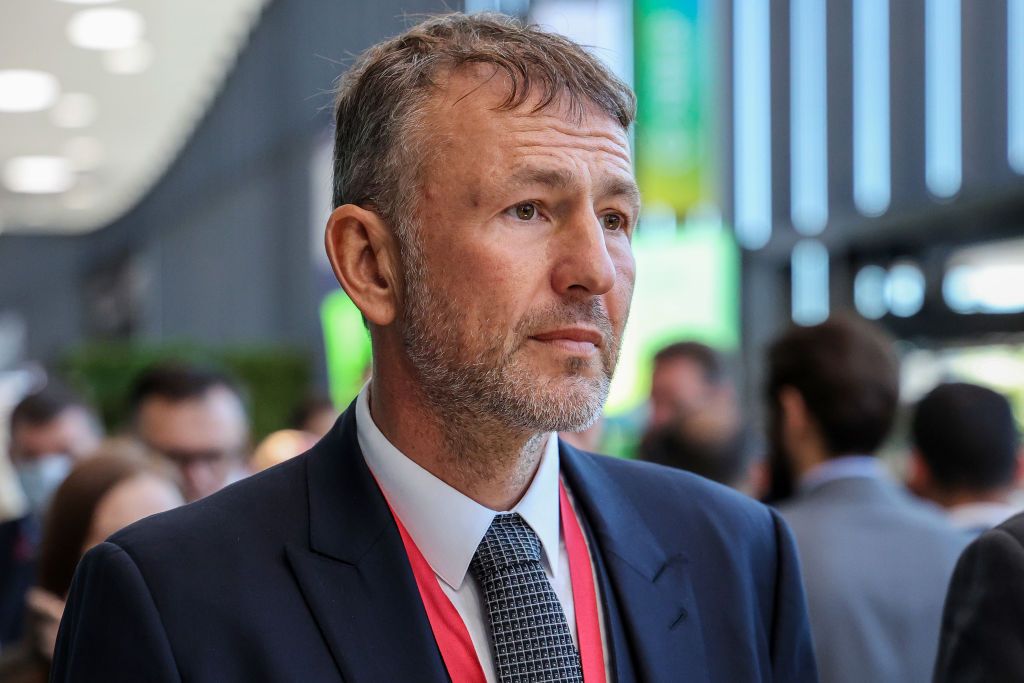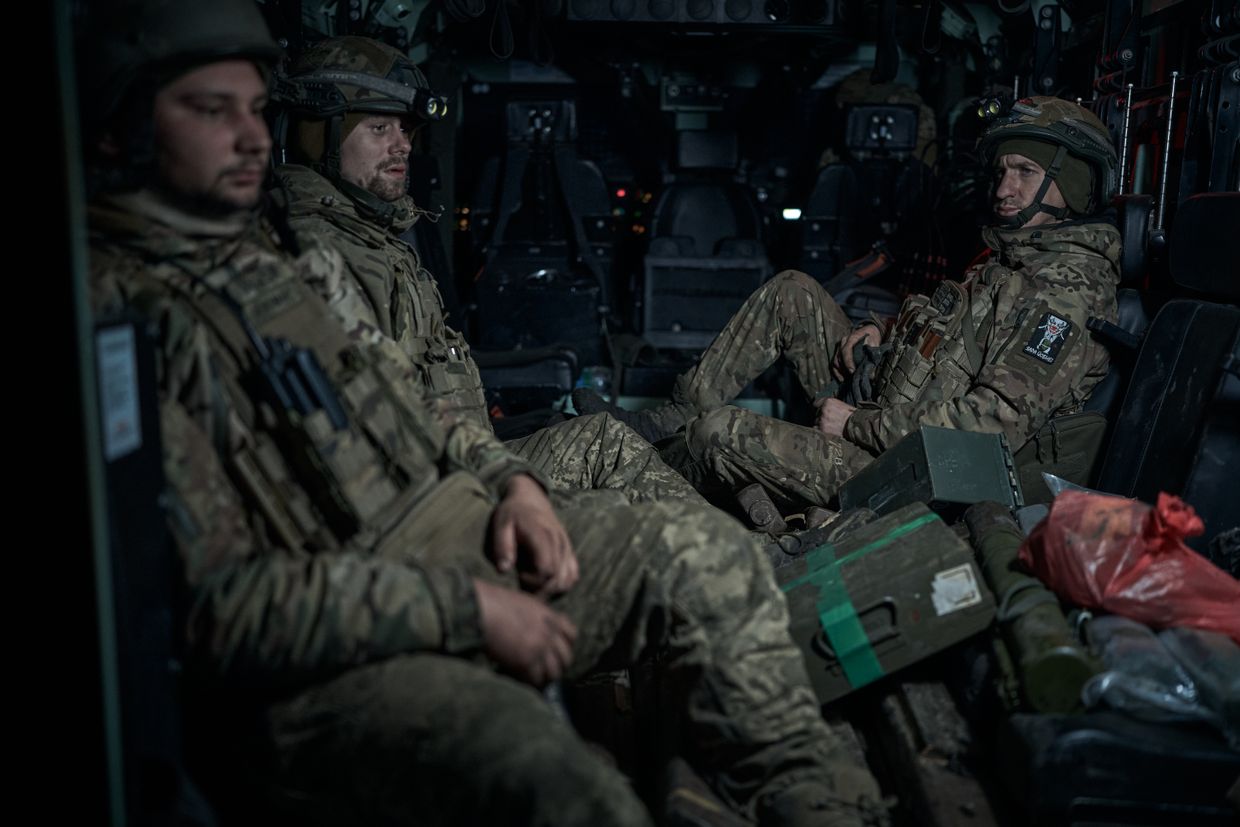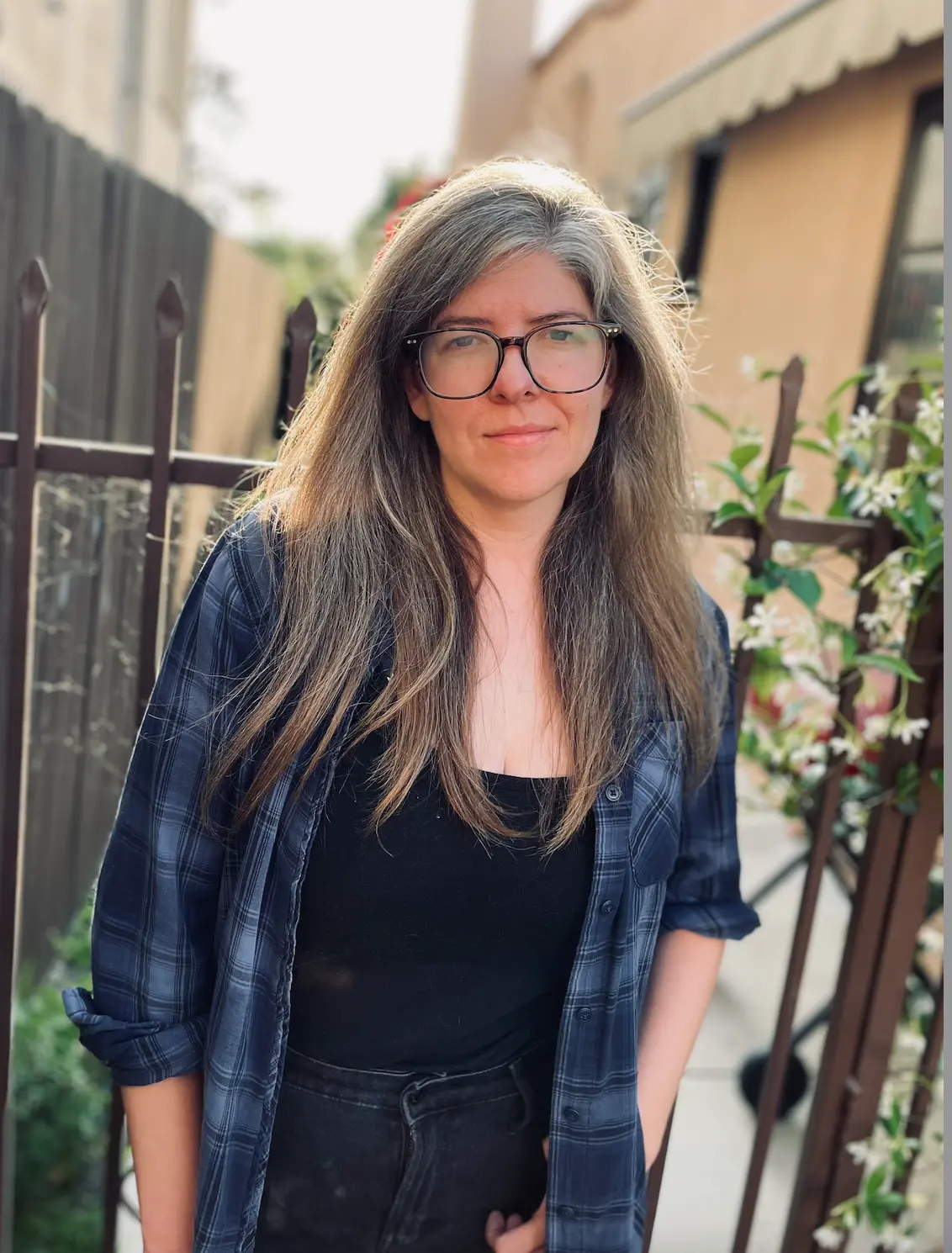The visit marks Merz’s first trip to Ukraine, and the first time all four leaders have travelled there together.
A notice about the airspace closure was published on the U.S. Defense Department's NOTAM (Notice to Airmen) website on May 10, as cited by Ukrainian defense news outlet Militarnyi.
"As in the past, it is now for Russia to show its willingness to achieve peace," the EU's statement reads.
Kremlin spokesperson Dmitry Peskov rejected the idea of a 30-day ceasefire between Russia and Ukraine, claiming in an interview with ABC News on May 10 that it would be "an advantage" for Ukraine.
"Our involvement in the war was justifiable, and this belongs to our sovereign rights," North Korean dictator Kim Jong Un said. "I regard this as part of the sacred mission we must execute for our brothers and comrades-in-arms."
The number includes 1,310 casualties that Russian forces suffered over the past day.
"We have a plan B and a plan C. But our focus is plan A, the essence of which is to get everyone's support" for Ukraine's accession, EU foreign policy chief Kaja Kallas said.
"(T)he presence at the Victory Parade of a country that bombs cities, hospitals, and daycares, and which has caused the deaths and injuries of over a million people over three years, is a shame," Polish Prime Minister Donald Tusk said.
"According to the participants of the performances, their goal is to remind the civilized world of the barbaric actions of Moscow, which for many years and decades has systematically violated international law," a source in Ukraine’s military intelligence agency (HUR) told the Kyiv Independent.
"I have great hope that an agreement for a ceasefire in Ukraine will be reached this weekend," German Chancellor Friedrich Merz said on May 9, shortly before traveling to Kyiv alongside the leaders of France, Poland, and the U.K.
U.K. Prime Minister Keir Starmer, French President Emmanuel Macron, German Chancellor Friedrich Merz, and Polish Prime Minister Donald Tusk will arrive in Kyiv early on May 10.
The United States embassy in Kyiv on May 9 issued a warning that Russia could launch "a potentially significant" attack in the coming days, despite Putin's self-declared Victory Day "truce."
The sanctioned oil tankers have transported over $24 billion in cargo since 2024, according to Downing Street. The U.K. has now sanctioned more shadow fleet vessels than any other country.
Russia imports chemicals from fertilizer companies to evade sanctions, Bloomberg reports

Russia is importing large quantities of chemicals for manufacturing explosives by purchasing products from fertilizer companies that have avoided international sanctions lists, Bloomberg reported on March 26.
Western countries imposed wide-reaching restrictions on the Russian defense industry following the full-scale invasion of Ukraine, but Russia continues to import key components and supplies for weapons production through sanctions evasion schemes.
The Russian explosives manufacturer JSC Spetskhimiya has placed orders for tens of thousands of tons of nitric acid and a nitric-sulphuric-acid mix, according to documents seen by Bloomberg. The chemicals are essential for the production of TNT, gunpowder, and other explosives the Russian military uses in its war against Ukraine.
JSC Spetskhimiya ordered the chemicals from subsidiaries EuroChem Group AG and UralChem JSC, fertilizer companies that are not subject to strict U.S. and EU sanctions due to their importance to global food security.
Many of the 11 Russian plants scheduled to receive the chemical supplies have been sanctioned for their role in Moscow's war effort. The EU imposed sanctions on JSC Spetskhimiya in June 2024.
The chemical orders appear to have been confirmed and will arrive in Russia over the course of 2025, documents reviewed by Bloomberg show. The volume of nitric acid being shipped would allow Russia to manufacture at least 6,500 152-mm artillery shells per day this year.
"Our products are intended for use in agriculture and civil industry," EuroChem said in comments emailed to Bloomberg.
"The company is not part of the defense sector of the Russian economy."
Both EuroChem and UralChem have ties to sanctioned Russian billionaires. The family of Belarusian-Russian oligarch Dmitry Mazepin controls UralChem, while EuroChem was founded by Russian billionaire Andrey Melnichenko.
Melnichenko withdrew as a beneficiary from a EuroChem trust after being sanctioned by the U.S., U.K., and EU.
Russia provides approximately 25% of Europe's fertilizer, a trade that has amounted to $5.4 billion since the launch of the full-scale invasion of Ukraine in 2022, according to European Commission data.
Russia on March 25 agreed to a partial maritime ceasefire in the Black Sea following negotiations with U.S. officials in Riyadh, Saudi Arabia. In return, the U.S. promised to "help restore Russia's access to the world market for agricultural and fertilizer exports," among other benefits.

Most Popular

After 3 years of full-scale war in Ukraine, Europe announces plan to ban all Russian gas imports

Ukraine, Europe's ceasefire proposal includes US security guarantees, no recognition of Crimea, Reuters reports

Journalist Roshchyna's body missing organs after Russian captivity, investigation says

After Russia's deadly attack on Kyiv, Vance reposts denunciation of Zelensky

Ukrainian sea drone downs Russian fighter jet in 'world-first' strike, intelligence says
Editors' Picks

How medics of Ukraine’s 3rd Assault Brigade deal with horrors of drone warfare

As Russia trains abducted children for war, Ukraine fights uphill battle to bring them home

'I just hate the Russians' — Kyiv district recovers from drone strike as ceasefire remains elusive



